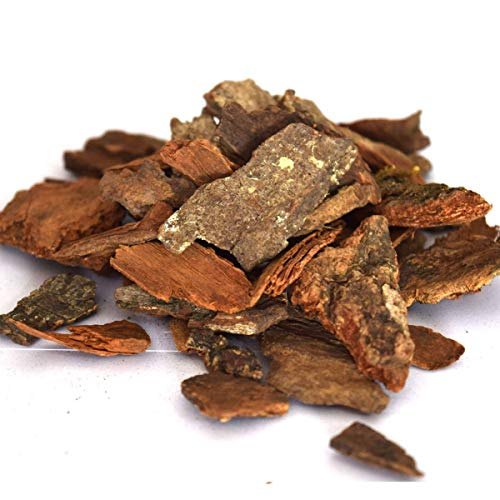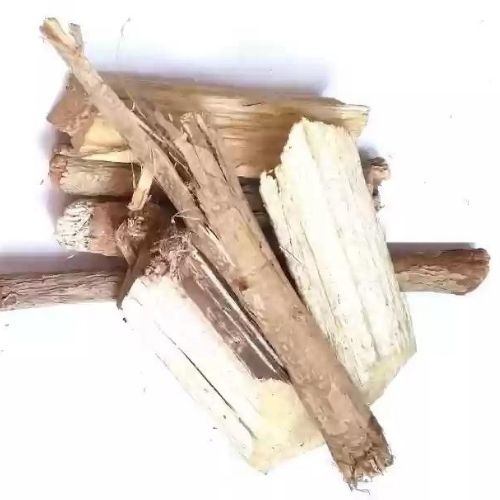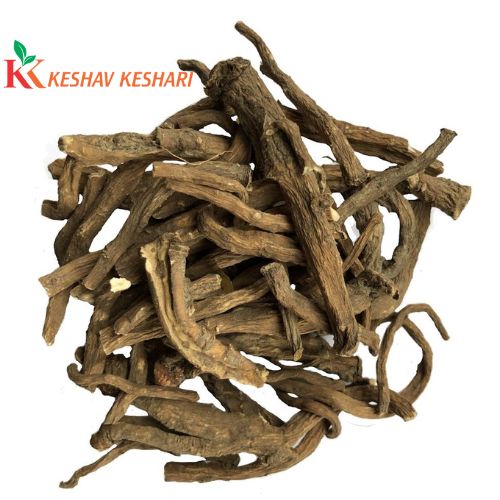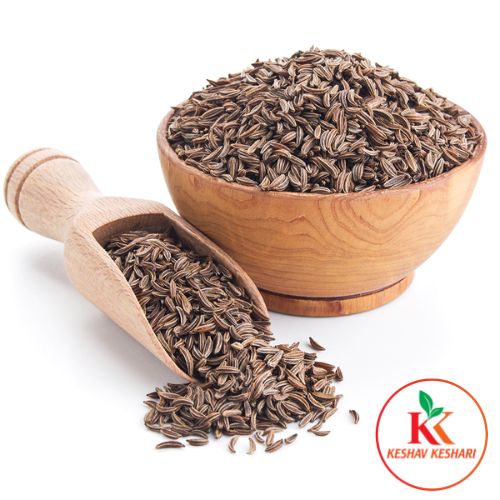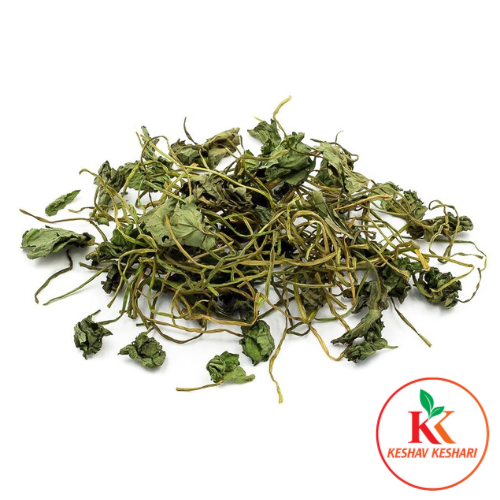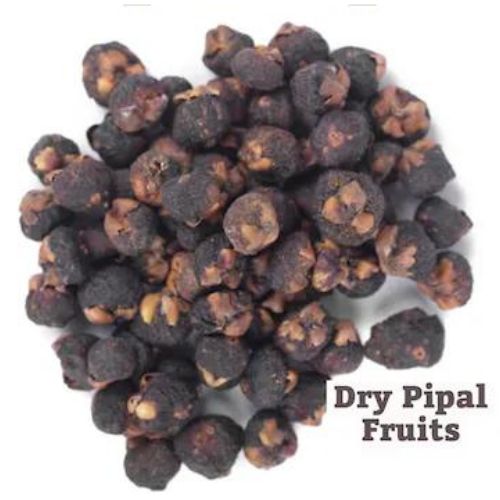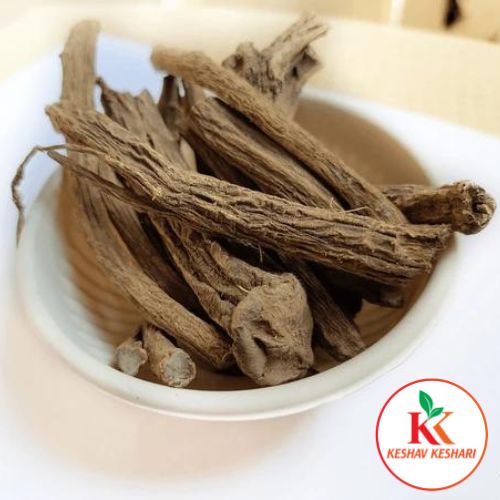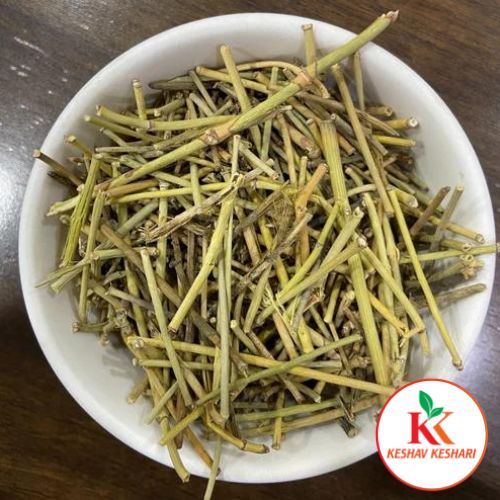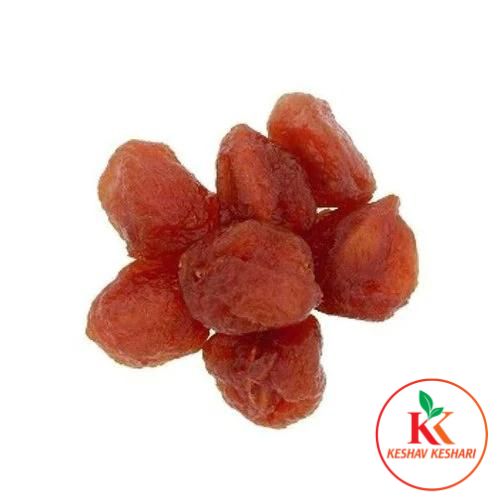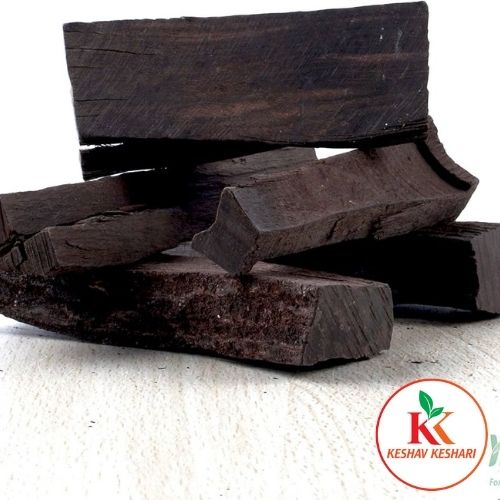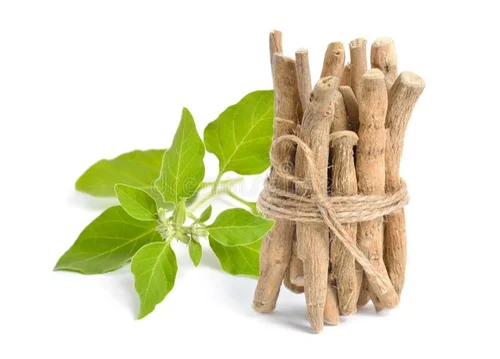
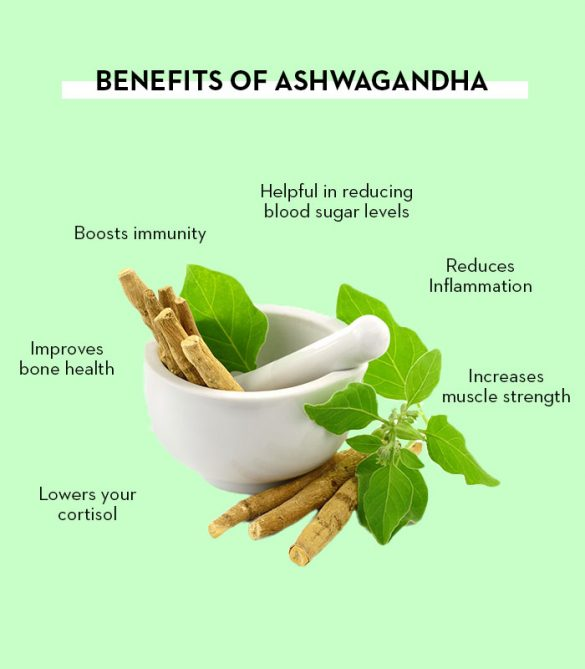
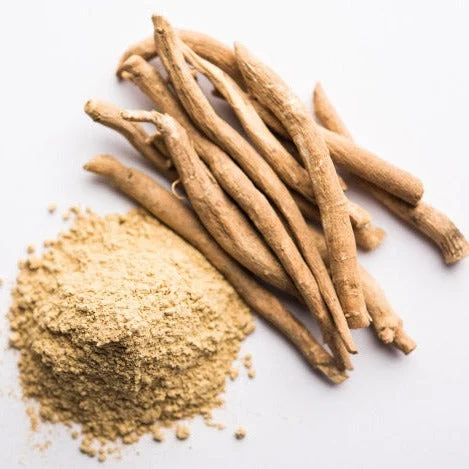



Ashwagandha (Roots) - Ashvagandha (Jadd) - Asgandh Nagori - Indian Ginseng - Withania Somnifera by Keshav Keshari
Ashwagandha has gained international attraction because of the various health benefits that it provides to immigrants. The herb is also known as Indian Ginseng or Asgandh Nagori, retardant terms. It is scientifically called Withania somnifera, a plant with its roots in the traditional Ayurvedic medicine. The naming of Ashwagandha comes from the combination of two Sanskrit words: ashva meaning neo horse and gandha meaning smell). This plant has been greatly known for its smelly odor and healing purposes from ancient times.
Health benefits:
Release stress:
The adaptogenic effects of Ashwagandha on stress are very well known. Cortisol levels get regulated so that they may fall and stress will enhance the atmosphere and tranquility.
Enhance Immunity:
The substance boosts one's body's immune system by making white blood cells work more efficiently in fighting sickness while at the same time acting as an antioxidant to cease free radicals hence promoting good health.
Better Functioning Mind:
Studies have shown Ashwagandha to be beneficial when it comes to improving cognitive function as well as memory recall. It could also help people achieve more clarity in thinking during periods of stress or moments when they find themselves dealing with multiple tasks.
Managing Blood Sugar Levels:
Evidence supports the argument that Ashwagandha might reduce blood sugar levels by increasing insulin release and improving insulin resistance, making it possibly good for individuals with diabetes or those at stake.
Beauty benefits of Ashwagandha:
Properties of Anti-Aging:
Ashwagandha contains antioxidants that fight against free radicals that cause skin aging; hence, taking it regularly or applying it on the skin can result in smoothing off wrinkles, and eliminating fine lines since it promotes youthful skin.
Hair Care:
It is an herb that makes hair follicles stronger which reduces alopecia while ensuring there is always beautiful growth of hair with natural shine in them. Additionally, when used on a scalp, it makes one’s overall hair texture better than before while adding more volume.
Skin-related benefits:
Due to its anti-inflammatory properties, Ashwagandha are good for irritated skin and also reduce acne, eczema, and psoriasis cases. It enhances collagen levels in the body leading to more elastic and firmer skin.
In India, Ashwagandha roots are known by various names in different states and regions due to the diversity of languages and dialects across the country. Here are some of the names by which Ashwagandha roots are commonly known in different states:
- Hindi and North India: Ashwagandha
- South India (Telugu): Penneru Gadda
- South India (Tamil): Amukkura
- South India (Kannada): Ashwagandha
- Maharashtra (Marathi): Ashwagandha
- Gujarat (Gujarati): Asoda
- West Bengal (Bengali): Ashwagandha
- Punjab (Punjabi): Asgandh
- Rajasthan: Asgandh Nagori
- Uttar Pradesh: Asgandh
- Madhya Pradesh: Asgandh
- Odisha (Odia): Asvagandha
- Assam (Assamese): Aswagandha
Centuries old in Ayurvedic Medicine, Ashwagandha roots are renowned for offering comprehensive health benefits as well as appealing physical features. This herbal adaptogen is increasingly recognized for its antioxidants and adaptogenic properties and thus a beneficial inclusion to contemporary lifestyles focused on better health such as stress management while boosting immunity, revitalizing skin plus nurturing hair. It is still astonishing that these rejoins can be taken internally or externally depending on individual preference.
Other Names: Winter Cherry, Indian Ginseng, Asan, Asoda, Asgandha, and Nagori, Asaganda, Ashwagndha, Aswgandha, Asvagandha, Asuganda, Indian Ginseng, Aswaghnda, Ashavganda, Ashwaganda, Ashagandh, Asagandh, Ashwaganda, Ashwganda, Ashawgandha, Asavghanda, Ashawghanda, Asawgandha, Aswaganda, asgandh, nagori Asuvgandha, Ashgandha, Ashavagandha, Aswganda, Askand, Asvgandha, Ashwaghanda, Ashvganda, Asvganda, Aswganda, Aswgantha, Asvgantha, avarada, amukkara, poison gooseberry, Asavgandha, Aswaghanda, Asghand, Asganda, Asgandha, Ashvaganda, Aswaghandha, Asvaghandha, Aksan, Ashavghanda, Winter Cherry, Ashawganda, Asgar, Asghar, Ashwghandha, Ashvghandha, asgand nagori, asgandh nagori, Ashavghandha, Ashawghandha, Ashwangandha, Ashvangandha,Ashwagandha Roots Nagouri, Asgandh Nagori , Aswagandha, Ashwanghandha, Ashwanghanda, Amukra, Amukkara, Ashvagandha Jadd, Aswagandha, Ashawagandha, Ashgandh Nagauri, Ashwgandha, Ashavgandha, Ashvgandha, Ashwgandha, Ashwaghandha, Ashvaghandha, avarada, amuk, Punir, Puneer, Poisonous Gooseberry, Vrahkarni, Varda, Balda, Kushthgandhini, Kusthgandhini, Tukhme Hayat, Baji, Vardha, Baldha, Vrah Karni, Aswghandha, Asvghandha, Ashwagandh, Ashvagandh, Ashwgandh, Ashvgandh, Ashvaghanda, Ashghanda, Ashganda






